Apple has announced plans to open up its onboard iPhone NFC technology to third-party mobile payment providers, allowing them to offer their services across the EU.
Since the launch of Apple Pay in 2015, Apple has barred third-party payment systems from using its near-field communication (NFC) technology for contactless payments. Now, the company plans to change that — at least in the European Union.
While it was first rumored that Apple would open access in December, the company has now gone on record saying it will open access in the EU.
"Through our ongoing discussions with the European Commission, we have offered commitments to provide third-party developers in the European Economic Area with an option that will enable their users to make NFC contactless payments from within their iOS apps, separate from Apple Pay and Apple Wallet," Apple told the Wall Street Journal.
As The Verge points out, there's no reason to believe that Apple has any plans of opening the technology outside of the EU at this time.
Apple would be obligated to allow access for ten years and would be liable for fines of up to 10% of its worldwide annual turnover if it chose not to honor them.
In May, EU regulators had ramped up an investigation into Apple over its practice of restricting third-party access to its onboard NFC technology.
The European Commission has accused Apple of engaging in anticompetitive behavior since the launch of Apple Pay in 2015. The commission is concerned that Apple's restriction of the iPhone's built-in NFC chip to Apple Pay is preventing third-party companies from entering the mobile payment market.
In 2019, EU investigators asked payment companies for feedback on Apple Pay. They were concerned that Apple's decision to limit the iPhone's NFC chip to only work with Apple Pay could prevent other companies from entering the mobile payment market.
Several governmental agencies have criticized Apple for restricting access to NFC technology on their devices. Australian banks were among the first to take issue with Apple Pay shortly after its release. They attempted to boycott the service to negotiate access to the NFC hardware within Apple devices for third-party use.
However, the banks eventually backed down after the Australian Competition and Consumer Commission denied the boycott request in 2017.
 Amber Neely
Amber Neely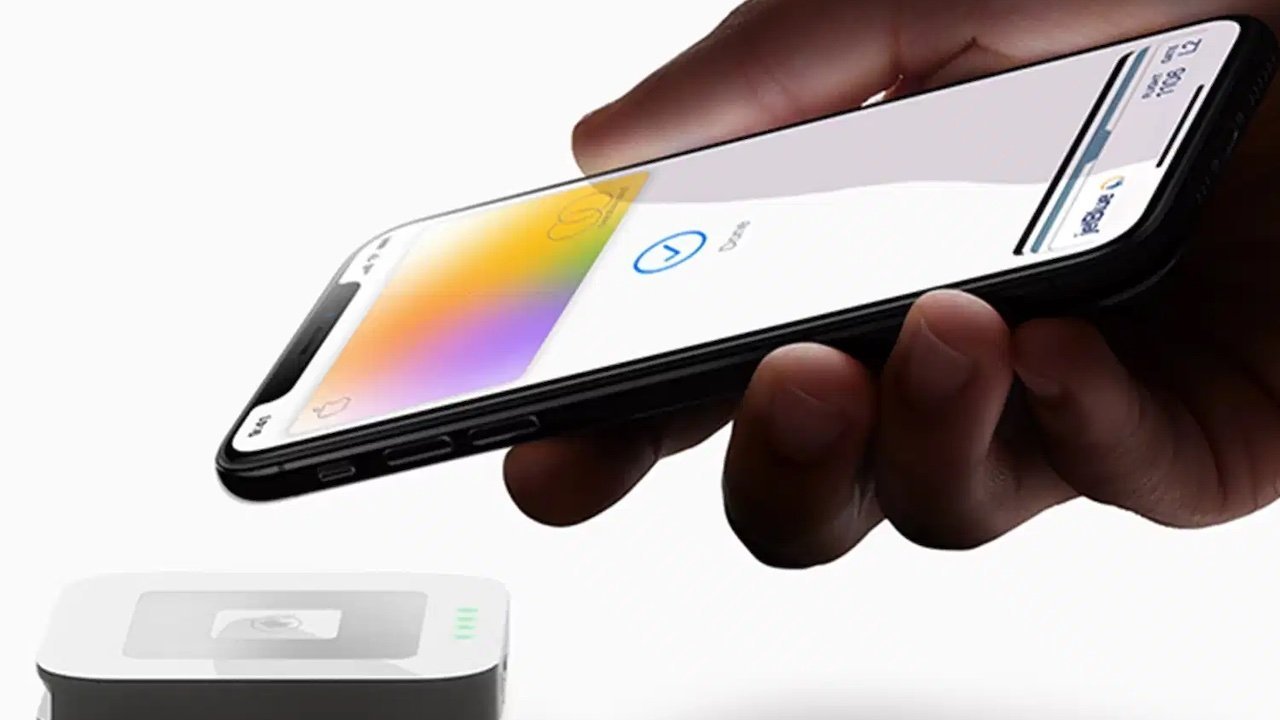
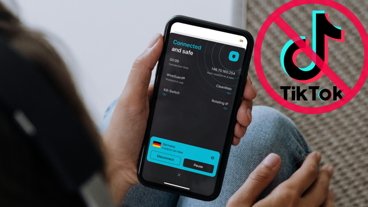
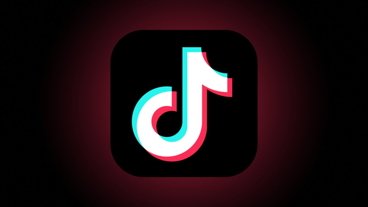
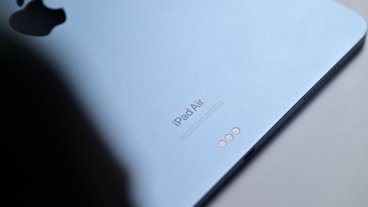
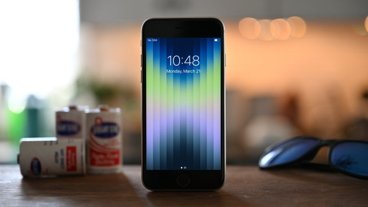

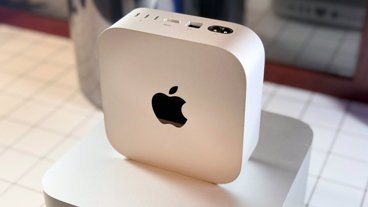

-m.jpg)





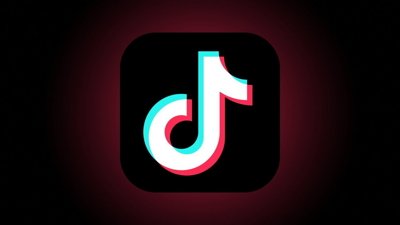
 William Gallagher
William Gallagher
 Charles Martin
Charles Martin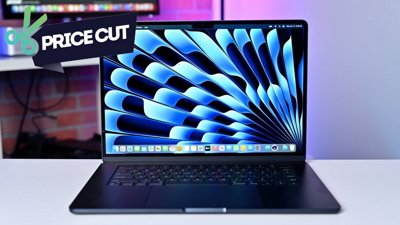
 Christine McKee
Christine McKee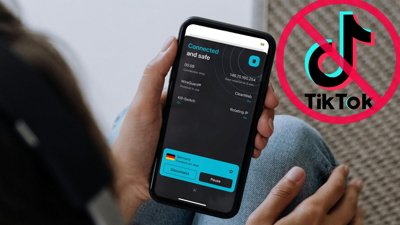
 Sponsored Content
Sponsored Content
 Wesley Hilliard
Wesley Hilliard
 Malcolm Owen
Malcolm Owen


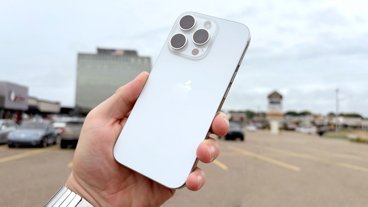







25 Comments
That's really cool – I hope it will be possible worldwide soon !
Charge a license fee to use the technology or like MC and Visa charge a per transaction fee + percentage.
About time.
Why is this better for users? How do I choose which card/app is the default when I wave my device near a payment terminal?